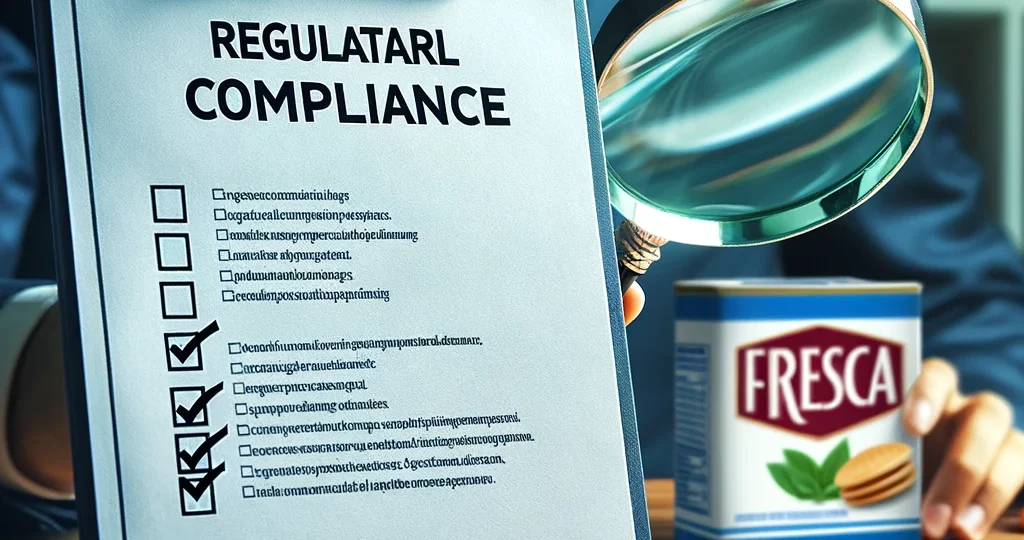
The journey of bringing a licensed food product to market is fraught with regulatory hurdles, making compliance a paramount concern. Whether it’s ensuring product safety, adhering to labeling standards, or navigating complex import and export laws, the path to compliance is intricate. This complexity underscores the value of consulting with a knowledgeable food brand licensing attorney, who can guide you through the regulatory maze and safeguard your brand’s integrity and success.
The Importance of Regulatory Compliance
Regulatory compliance is not just about adhering to laws; it’s about earning consumer trust and protecting your brand’s reputation. In the food and beverage industry, where safety and quality are paramount, compliance ensures that your products meet the highest standards, thus fostering consumer confidence and loyalty.
Key Areas of Regulatory Compliance
- Food Safety Standards: From production to packaging, food safety regulations such as the FDA’s FSMA (Food Safety Modernization Act) set strict standards to prevent contamination and ensure product safety.
- Labeling Requirements: Accurate labeling, including nutritional information, allergen declarations, and country of origin, is crucial. Regulations vary significantly across jurisdictions, demanding careful attention to detail.
- Import/Export Regulations: Trading internationally involves navigating the complex web of customs regulations, tariffs, and trade agreements. Understanding these rules is essential to avoid costly delays and legal issues.
- Environmental Regulations: Sustainability practices and environmental impact are increasingly regulated. Compliance in this area not only meets legal requirements but also appeals to eco-conscious consumers.
The Role of a Food Brand Licensing Attorney in Compliance
A food brand licensing attorney plays a crucial role in ensuring your licensing agreements and operations comply with applicable laws and regulations. They offer invaluable insights into:
- Risk Assessment: Identifying potential legal and regulatory risks associated with your product or licensing agreement.
- Compliance Strategy: Developing strategies to comply with the complex web of regulations across different markets.
- Due Diligence: Conducting thorough due diligence on potential licensing partners to ensure their operations meet regulatory standards.
- Agreement Drafting: Incorporating compliance requirements into your licensing agreements, ensuring that licensees adhere to the necessary standards.
Navigate the Regulatory Landscape with Juris Law Group
Navigating the regulatory landscape of the food and beverage industry is a daunting task, but it’s essential for the success and longevity of your brand. With the expertise of a food brand licensing attorney, you can ensure that your products not only comply with the letter of the law but also uphold the highest standards of quality and safety. In a market where consumer trust is your most valuable asset, regulatory compliance is not just a legal requirement—it’s a competitive advantage.